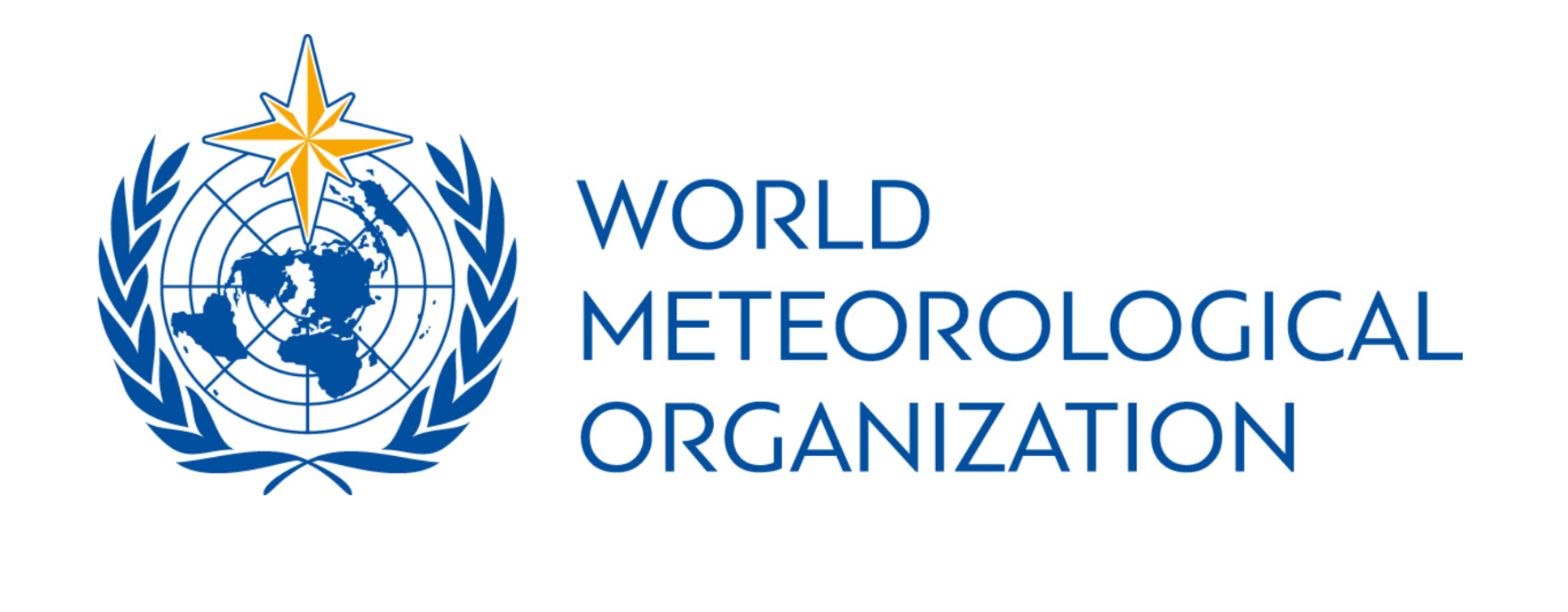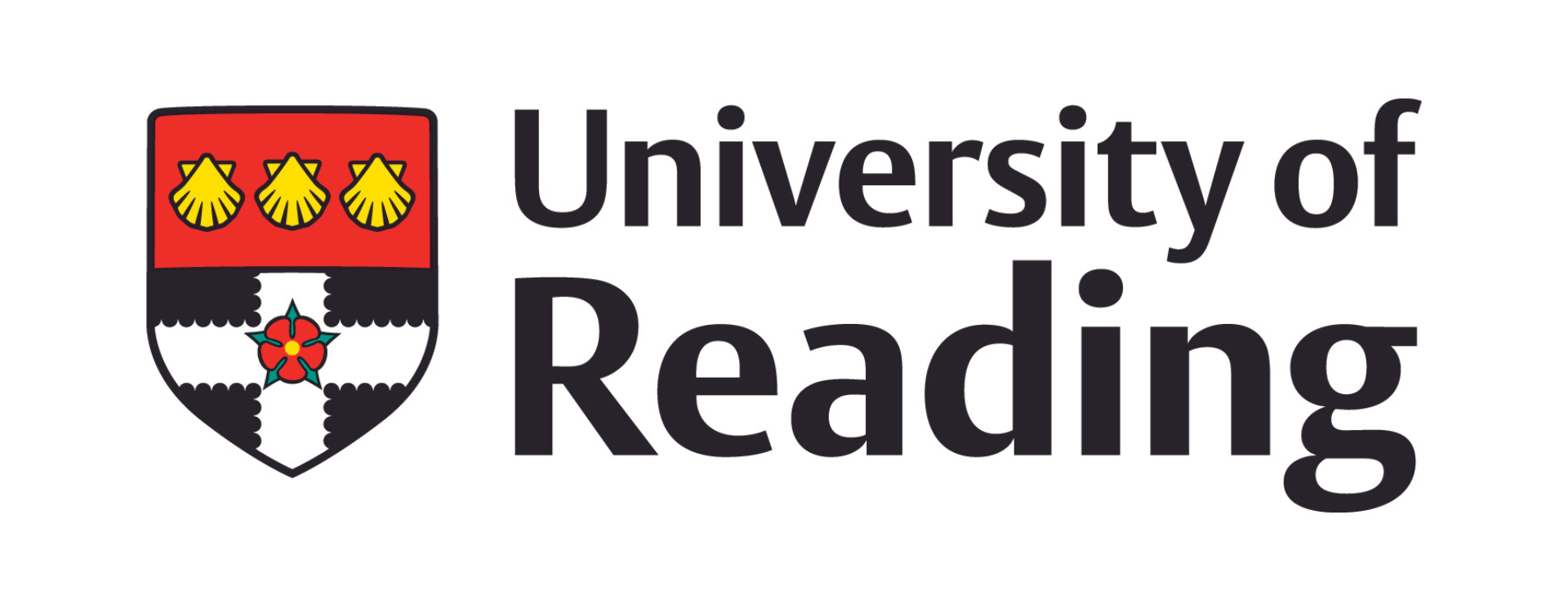Abstract ID: 222
Investigating the predictability of severe convective outbreaks in central Europe
Lead Author: Monika Feldmann
Institute of Geography and Oeschger Centre for Climate Change Research, University of Bern, Switzerland
Keywords: severe convection, predictability, central Europe
Abstract: Outbreaks of severe convection in central Europe are often marked by severe weather impacts over a widespread area. Being associated to multiple hazards, such as flash flooding, significant hail, severe straightline winds and intense lightning activity, these events are of considerable interest to society. Convective outbreaks are often associated with a characteristic synoptic situation, hallmarked by southwesterly flow in the mid-troposphere. Although the small-scale convective activity cannot be predicted far in advance, the large-scale flow patterns associated with these events may be possible to predict at longer lead times of days to weeks.
We investigate the subseasonal predictability of these convective outbreaks by analyzing the predictive skill of the ECMWF S2S model. In particular, we aim to identify predictive signals leading up to convective outbreaks and their underlying physical processes. Given the importance of moisture and temperature for the evolution of convective available potential energy (CAPE), a measure of atmospheric instability, a key focus lies on soil moisture and sea surface temperature. Furthermore, large-scale teleconnections such as the Madden-Julian Oscillation may contribute to creating large-scale patterns that are conducive to convective environments.
Given the current lack of subseasonal predictions for convection in central Europe, this project targets the improvement of our understanding of longer-term processes leading to the build-up of severe convective environments.
Co-authors:
Prof. Daniela I.V. Domeisen (Université de Lausanne, Lausanne, Switzerland; ETH Zurich, Zurich, Switzerland)
Prof. Olivia Martius (Institute of Geography and Oeschger Centre for Climate Change Research, University of Bern)







